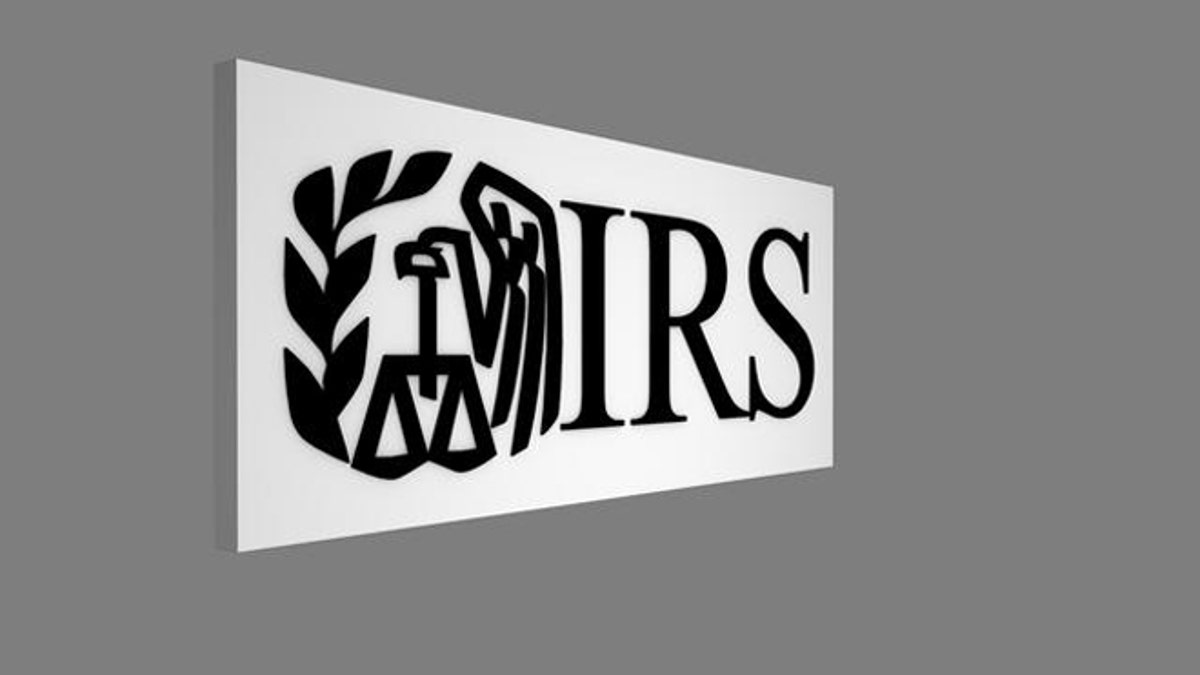
(AP)
If you’re looking for a reason to refuse to pay your taxes, don’t open the Bible. Throughout the scripture, many verses indicate that a respect for government includes following through on your responsibility to contribute. Or as Jesus put it, “Give to Ceasar what is Ceasar's.'"
That doesn’t mean He necessarily believed all taxes were fair.
Throughout the scripture, many verses indicate that a respect for government includes following through on your responsibility to contribute.
In Capernaum, tax collectors approached Peter about paying the temple tax. When Peter arrived where Jesus’ followers were meeting, Jesus said to him, ““From whom do the kings of the earth collect duty and taxes—from their own children or from others?” “From others,” Peter answered. “Then the children are exempt,” Jesus said to him. “But so that we may not cause offense, go to the lake and throw out your line. Take the first fish you catch; open its mouth and you will find a four-drachma coin. Take it and give it to them for my tax and yours.”
Throughout the scripture, many verses indicate that a respect for government includes following through on your responsibility to contribute.
Only Jesus can go fishing for a tax plan. In 2014, the U.S. Tax Code was close to 74, 000 pages, now including a requirement to document your healthcare coverage to comply with Obamacare’s mandates. In fact, U.S. Tax Code is seven times the length of Leo Tolstoy’s “War and Peace” and twice the length of the King James Bible plus the entire works of Shakespeare combined. This level of complexity means that it will take some work (maybe even a miracle) for the rest of us to manage our taxes.
Still, as head of a non-profit that counsels people on how to handle their finances from a biblical perspective, I can say from experience that by following a few careful steps, tax compliance can be more easily achieved. Here are four:
1. Put your work in Order and Know the Status of Your Fields: A good biblical principle for getting ready for taxes is to stay on top of all your resources and get organized. People often end up paying more taxes than they should because they haven’t taken the time to track their finances, both business and personal. This includes tracking everything from the tax-deductible value of goods donated to a thrift store to charitable donations to non-profits, ministries and houses of worship. Start by purchasing an expandable file to keep your paperwork together. Many people would get a larger refund if they itemized their taxes, something that takes organization and a little research to achieve.
2. Neither a borrower nor a lender be … to Uncle Sam: It’s counter cultural to say this, but if you’re getting a huge tax refund, you’ve made a mistake. Your cash has been used as an interest free loan to the government. In 2014, average average federal tax refund was $3,034. According to Bankrate.com, “A refund of $3,000 means that the taxpayer could instead be receiving an extra $250 in pay every month.” It would be better to put that money into savings or to pay down debt than to allow it to sit in Uncle Sam’s pocket, drawing interest away from you.
3. Use your computer for more than on-line shopping: On-line filing for taxes has been available since 1990, and it’s faster, safer and more secure than many other options. About 86 percent of us filed our taxes on-line last year, often a faster way to collect any refund owed. A simple 1040 EZ form can be filed on line for free if your AGI – Annual Gross Income -- was $60,000 or less. Check out sites like 1040.com, Turbotax.com, or even IRS.gov/freefile.
4. Don’t play "Where’s Waldo?" with the IRS: Correctly identifying yourself to the IRS is the difference between getting a refund check and getting a scary call from a federal agent about your missing forms. Be sure to proof read your tax forms before you file, especially checking to be sure that you’ve included correct social security numbers. One of the top mistakes taxpayers make is including incorrect Social Security numbers for their children or spouses. And use this tax season as a reminder to protect your social security numbers from identity theft. A friend of mine filed his taxes this month, only to discover that thieves had already claimed his refund.
Once you’ve filed your taxes, take time to appreciate your accomplishment. Maybe even take time to go fishing.








































